Below is a summary of Reading’s discussion from the June 12, 2025 meeting, organized by key speakers and their main points. The meeting involved the MWRA (Massachusetts Water Resources Authority) Executive Committee and Advisory Board, discussing a letter from Reading resident Paul Silva regarding the fairness of entrance fees, particularly for the Town of Reading. Timestamps correspond to the video linked at the bottom.
Contents
🔹 Entrance Fee Reimbursement Request from Reading
🕒 0:00–50:23
- Background:
- The Town of Reading requested reimbursement or adjustment for its previously paid entrance fee, arguing that the volume of water used was significantly less than what was originally projected and paid for.
- Reading paid $11 million for 766 million gallons/year but has only used 608 million gallons/year.
- The request included either a full reimbursement or a partial refund of the $2.2 million difference.
- MWRA Staff Analysis:
- Matt Horan (Deputy Finance Director):
- Reimbursing all entrance fees would increase FY26 rates by over 8.3% if done in one year.
- Spreading reimbursements over time would still impact rates, adding about 1% annually.
- Colleen Rizzi (Director of Environmental and Regulatory Affairs):
- Entrance fees are based on flow requested by the community.
- Regulatory approvals involve a rigorous process through the Water Resources Commission and MEPA.
- Communities often request more water than needed to accommodate long-term growth.
- Historical precedent: Stoughton’s similar request was denied in 2017.
🔹 Public Comments on Entrance Fee Reimbursement
🕒 Approx. 35:00–47:00
- Chris Haley (Chair, Reading Select Board):
- Emphasized Reading’s 44% share of total entrance fees is disproportionately high.
- Suggested a 10-year amortization of the refund to minimize rate impacts.
- Noted Reading has one of the highest water rates in the state, causing public dissatisfaction.
- Argued that other communities have received waivers or paid less, creating inequity.
- Matt Kraunelis (Town Manager, Reading):
- Supported Haley’s comments and emphasized the seriousness of the issue.
- Suggested that even a full reimbursement could be absorbed with less than a 1% rate increase over 10 years.
- Proposed that new community admissions could help offset the cost.
- Representative Bradley Jones (State Representative):
- Advocated for exploring the $2.2 million delta as a fair compromise.
- Highlighted Reading’s environmental contributions, especially to the Ipswich River Basin.
- Urged the board to consider equity and proportionality, and to model scenarios that minimize impacts on other communities.
- Other Committee Member Input:
- Elena Ellis: Suggested that if underuse warrants a refund, overuse should trigger additional fees. Emphasized the original intent of the entrance fee was to ensure fairness for infrastructure investment.
- David Manugian: While not agreeing with Reading’s request, acknowledged it raises important fairness questions and suggested a broader Advisory Board discussion.
🔹 Executive Committee Discussion and Sentiment
🕒 47:00–50:23
- General Consensus:
- Full reimbursement is a non-starter due to financial and precedent-setting concerns.
- Some openness to exploring a partial adjustment based on unused flow, provided it does not impact other communities’ rates.
- Next Steps:
- Reading to submit a refined proposal with specific figures and structure.
- MWRA staff to conduct further financial and regulatory analysis.
- Potential for broader discussion at the full Advisory Board level.
🔑 Key Outcomes
- No Formal Vote Taken, but clear direction was provided.
- Reading to Resubmit Proposal: Requested to refine and resubmit their reimbursement request.
- Further Analysis Required: MWRA staff will evaluate financial and regulatory implications.
- General Opposition to Full Reimbursement: Strong sentiment against setting a precedent.
- Openness to Partial Adjustment: Conditional on fairness, proportionality, and minimal impact on other ratepayers.


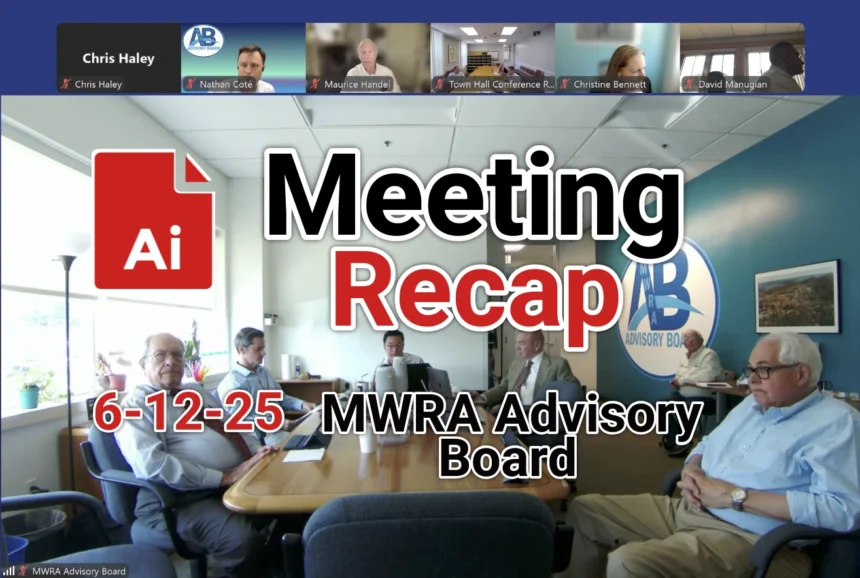



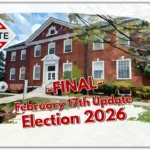


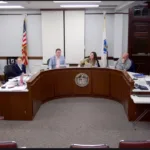
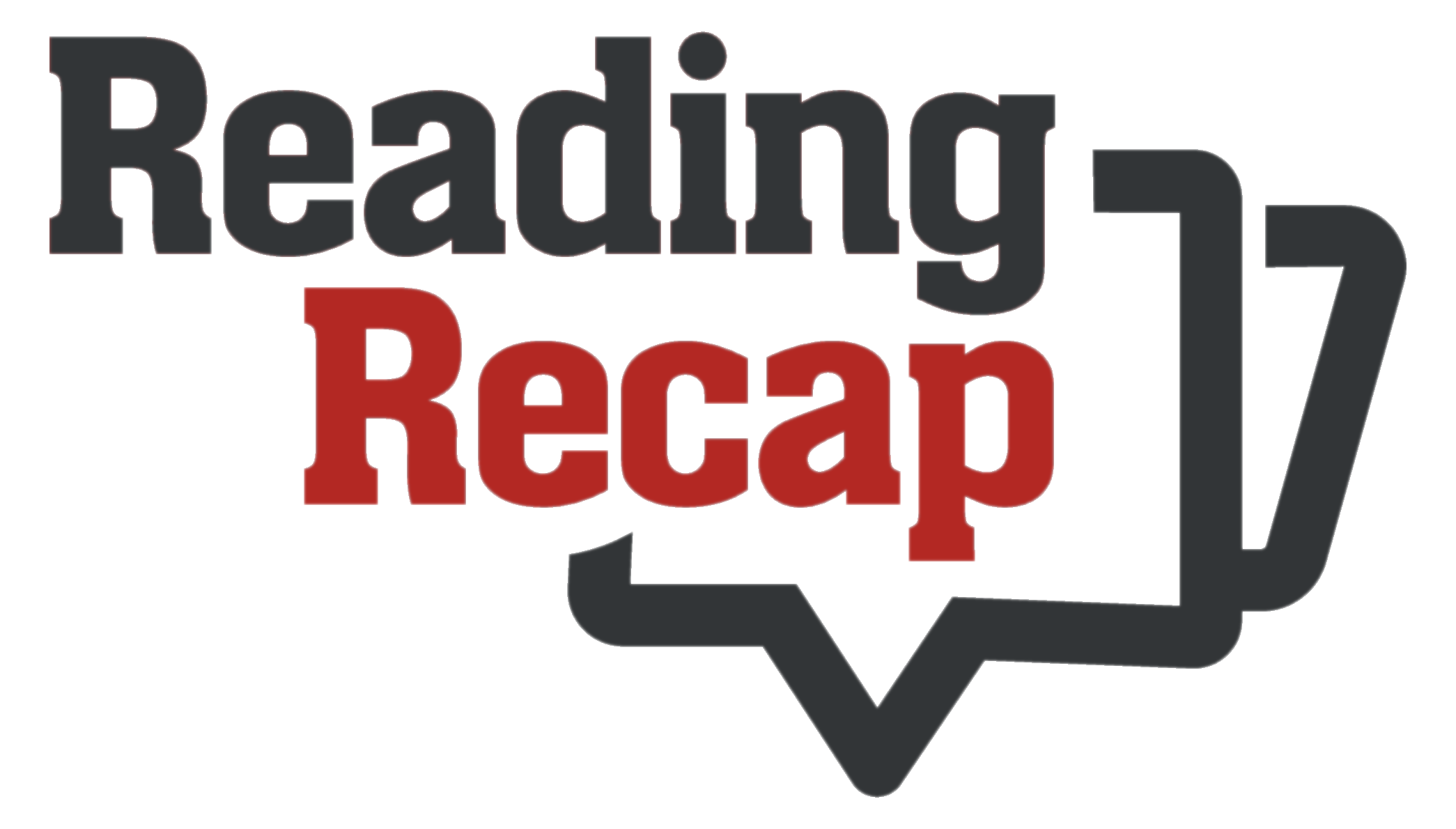
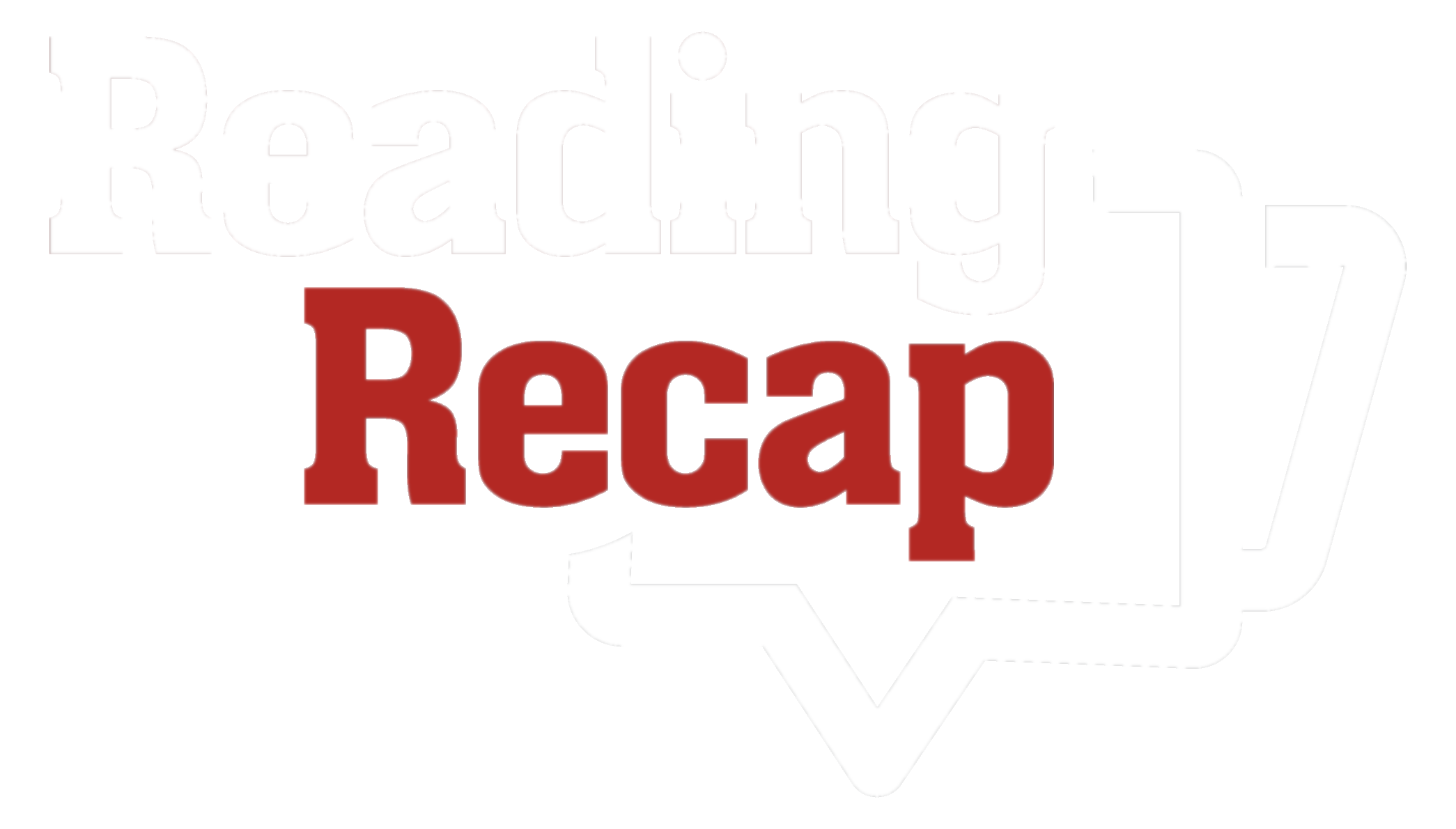
So did I understand that Reading paid for water and sewer usage that it never received and is denied a refund? Would a person, not government, do such a thing go to jail for this?
The main issue is the contract 10 years ago included a penalty for overuse but no way to recoup any underuse. That roughly equates to a $2.2 million loss.
I understand the concern about not placing an added financial burden on other towns. However, if fairness is the guiding principle, then it’s important to recognize that if Reading overpaid, then those other towns benefited from that overpayment. That said, I agree that any impact on those towns should be minimized as much as possible.
As I recall, Burlington ended up getting their entry fee waived, by the same advisory board -fairness recommendation. Granted, it was after the newer waiver fee program was announced, but it was long AFTER they applied under the previous regime.
You are correct. Their fee and waiver was significant.